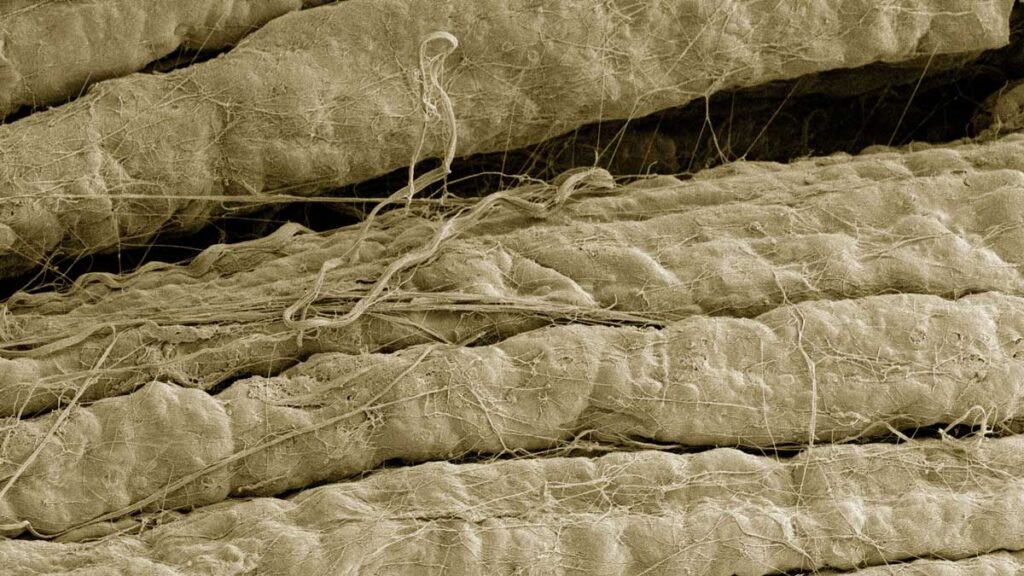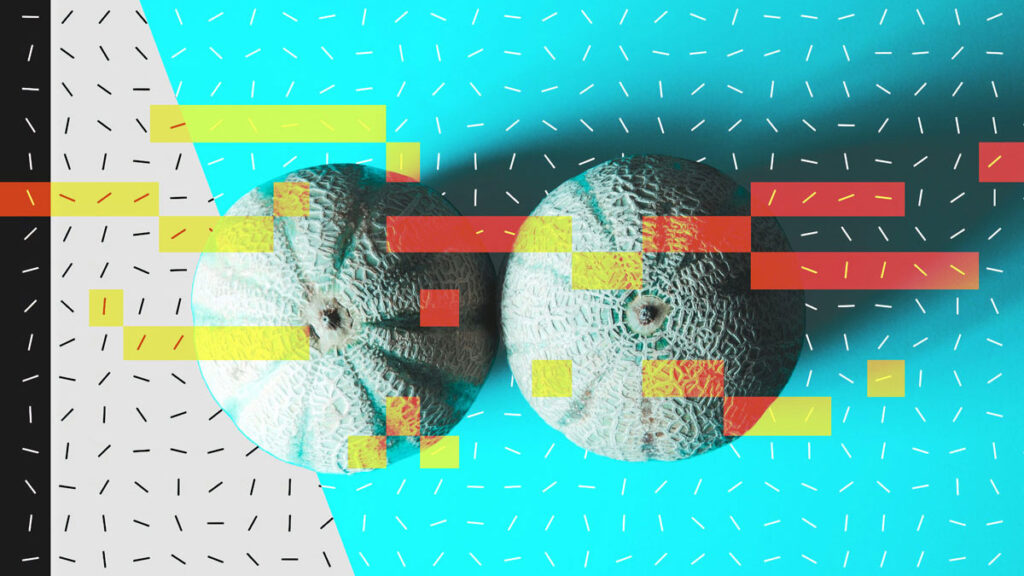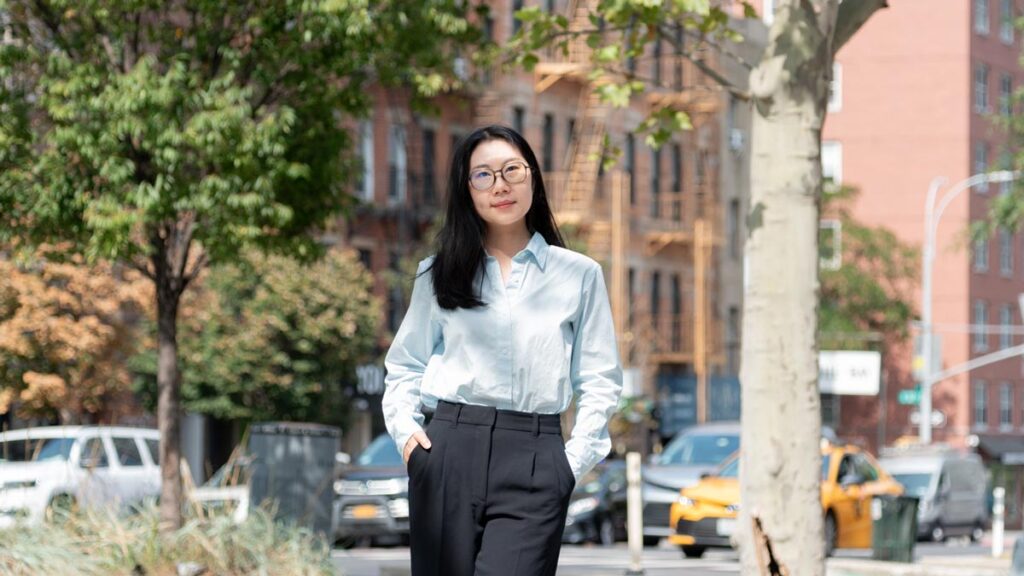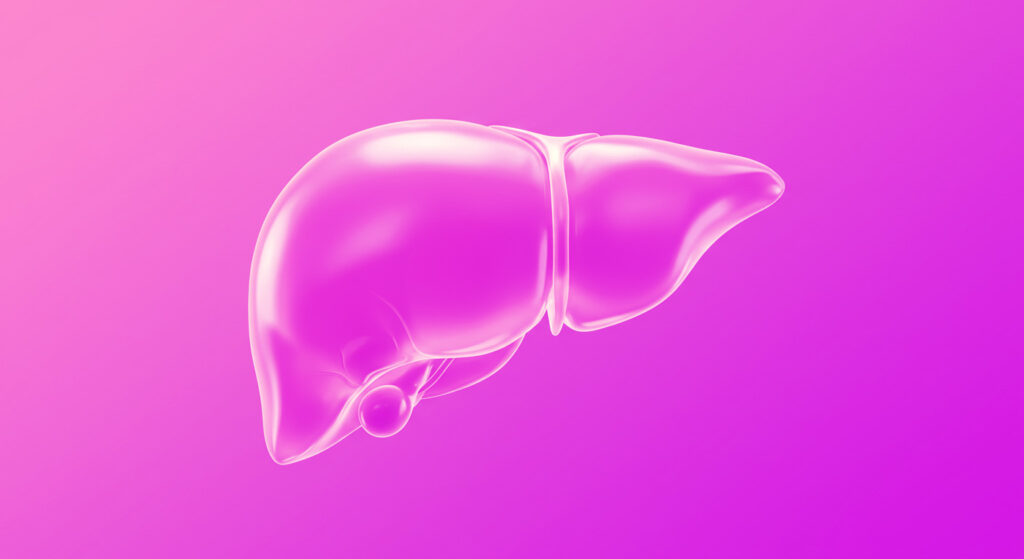New research refines the understanding of myelination in conditions that include bipolar disorder and schizophrenia.
The fastMRI dataset now includes curated breast MRI data to boost AI innovation in radial, dynamic contrast-enhanced, ultrafast MRI of the breast.
Yu Veronica Sui, postdoctoral fellow who investigates neuropsychiatric conditions and the brain, talks about grey-matter myelin, developing expertise in MRI, and how psychology led her to imaging.
Since 2014, the Center for Advanced Imaging Innovation and Research has been in the lead of technological shifts in magnetic resonance imaging. An award from the National Institutes of Health is extending the center’s mandate for a third five-year term.
Yulin Ge, imaging researcher at NYU Langone, originally trained to be a radiologist. A fascination with MRI has led him to pursue science that illuminates aspects of neurological health, disease, and aging.
Mary Bruno, MRI technologist on an advanced practice team at NYU Langone Health, talks about patient care, quality improvement, scientific research, and always learning.
Imaging researchers at NYU Langone are making available a deep learning model for cutting-edge estimation of MR-EPT.
Valentina Mazzoli, imaging scientist searching for biomarkers of muscle health, talks about what makes muscles special, the toll that time can take on them, and the wonder of her first encounter with MRI.
Congratulations to Zhe Sun on a successful defense of her doctoral dissertation in biomedical imaging and technology at NYU Grossman School of Medicine.
Congratulations to Jingjia Chen and coauthors on winning second prize in the scientific poster competition at the International Society for Magnetic Resonance in Medicine workshop on motion correction.










